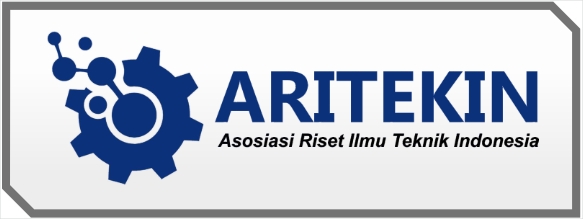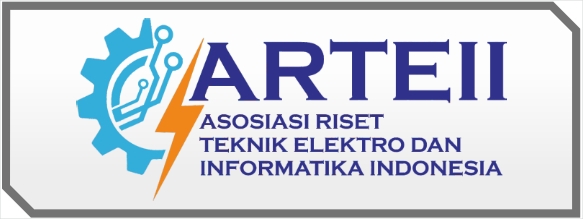Kepemimpinan Kepala Sekolah dalam Memajukan Sekolah yang Dipimpinnya
DOI:
https://doi.org/10.59581/jmk-widyakarya.v3i1.4678Keywords:
Leadership, School Principals, ManagementAbstract
Leadership is a key factor in the success or failure of an organization across various fields, including business, education, healthcare, social affairs, politics, and governance. It serves as a social mechanism that coordinates relationships among individuals within a community to achieve shared objectives. This study examines educational leadership, focusing on the development of human resources (HR). Utilizing a qualitative approach with library research methods, the study employs documentation for data collection and content analysis for data interpretation. The results indicate that effective and cohesive policies implemented by school principals address areas such as HR development, financial management, technological adoption, and improvements in infrastructure and school culture. These policies contribute to fostering a sustainable and improved educational vision. School principals, as leaders, must craft flexible policies and collaborate with all school and community stakeholders to ensure the achievement of collective goals.
References
Al-Qur’an dan Terjemahan, QS. 21:73.
Avolio, B. J., & Bass, B. M. (2004). Multifactor leadership questionnaire: Third edition. Mind Garden.
Day, C. (2007). The impact of leadership on student outcomes: Making a difference in schools. School Leadership & Management, 27(2), 127–144.
Epstein, J. L. (2001). School, family, and community partnerships: Preparing educators and improving schools. Westview Press.
Fullan, M. (2007). The new meaning of educational change. Teachers College Press.
Fullan, M. (2014). The principal: Three keys to maximizing impact. Jossey-Bass.
Hallinger, P., & Heck, R. H. (1998). Exploring the role of leadership in school improvement. School Effectiveness and School Improvement, 9(2), 157–191.
Kotter, J. P. (1996). Leading change. Harvard Business Review Press.
Leithwood, K., & Jantzi, D. (2006). Transformational leadership and school improvement. The Educational Leadership Review of Doctoral Research.
Leithwood, K., & Seashore Louis, K. (2012). Linking leadership to student learning. Jossey-Bass.
Mulyasa, E. (2009). Menjadi kepala sekolah profesional (Cet. III). Bandung: PT Remaja Rosdakarya.
Murphy, J., & Beck, L. (2004). School leadership in an era of accountability. Corwin Press.
Peraturan Menteri Pendidikan, Kebudayaan, Riset, dan Teknologi Republik Indonesia. (2021). Peraturan Menteri Pendidikan, Kebudayaan, Riset, dan Teknologi Republik Indonesia Nomor 40 Tahun 2021 tentang Penugasan Guru sebagai Kepala Sekolah.
Robinson, V. M. J., Lloyd, C. A., & Rowe, K. J. (2008). The impact of leadership on student outcomes: An analysis of the differential effects of leadership types. Educational Administration Quarterly, 44(5), 635–674.
Sagala, S. (2013). Administrasi pendidikan kontemporer. Bandung: Alfabeta.
Schein, E. H. (2010). Organizational culture and leadership. Jossey-Bass.
Terjemah QS. al-Mujadilah 58:11.
Undang-Undang Peraturan Menteri Pendidikan Nasional.
Wahjosumidjo. (2004). Kepemimpinan kepala sekolah: Tinjauan teoretik dan permasalahannya (Cet. 12). Jakarta: PT Raja Grafindo Persada.
Downloads
Published
How to Cite
Issue
Section
License
Copyright (c) 2024 Jurnal Mahasiswa Kreatif

This work is licensed under a Creative Commons Attribution-ShareAlike 4.0 International License.

















